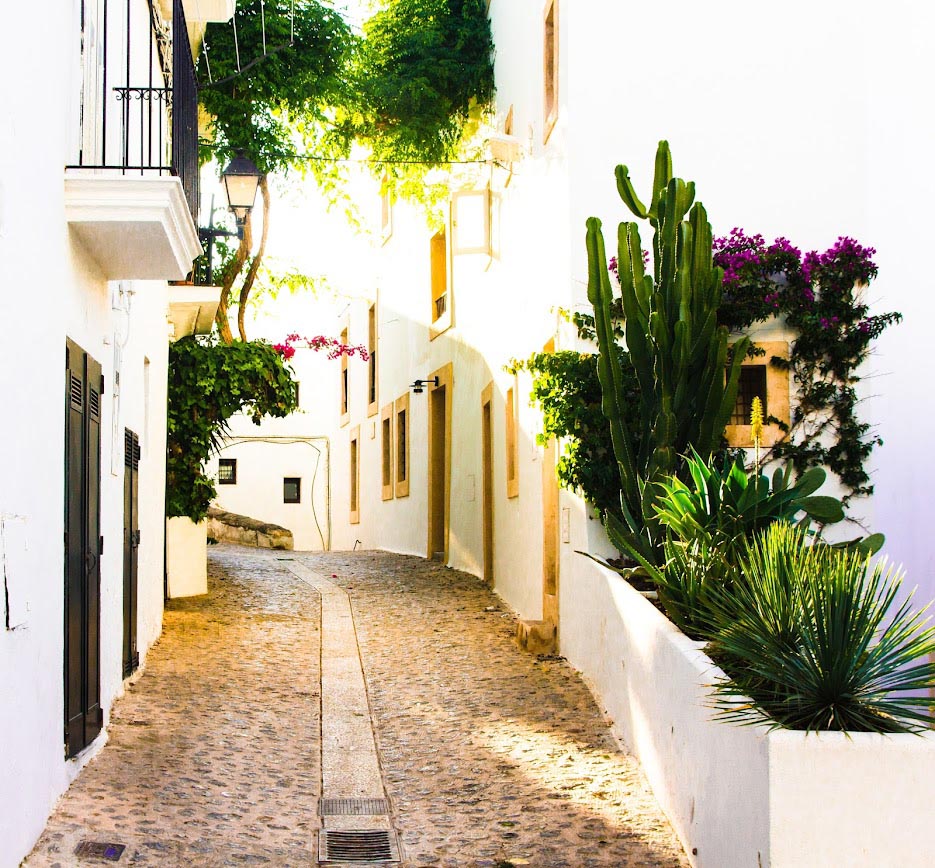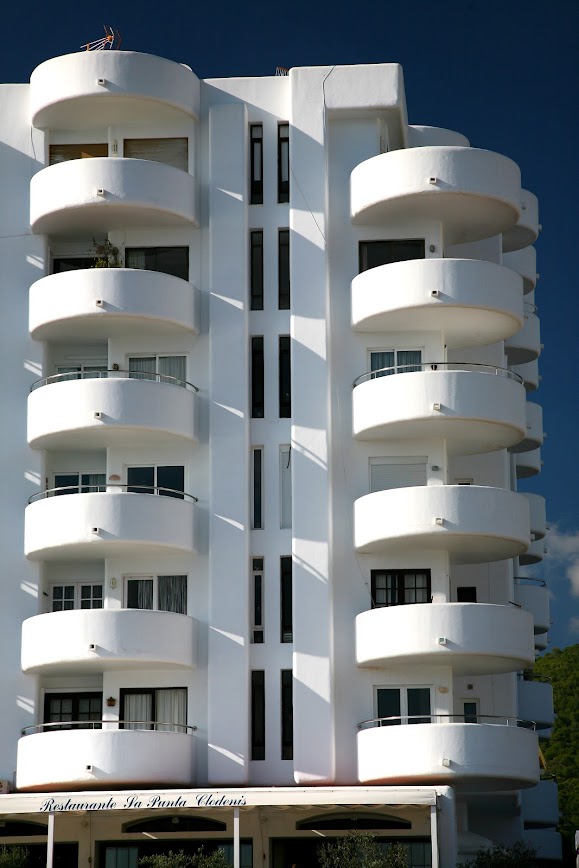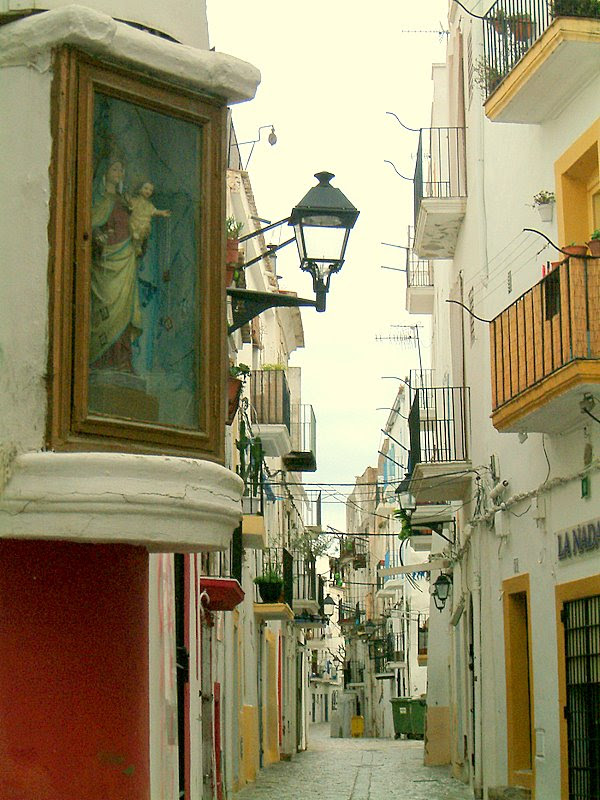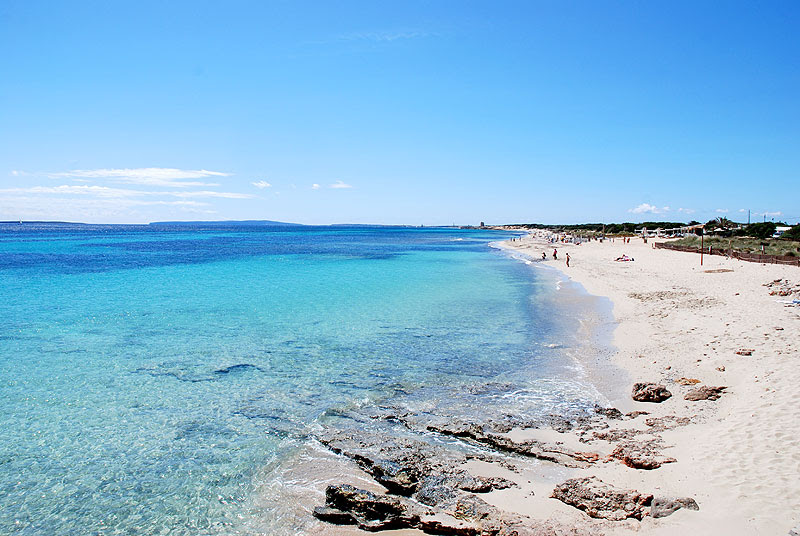The tendency is to buy a house in Spain rather than rent one. Approximately 80 percent of people living in Spain own their own property.
This is not because Spain is a bad place to rent a home. On the contrary, Spain is a great place to rent, with some of the lowest rents and strongest rights for tenants in Europe.
It’s just that Spain is a GREAT place to buy a home!
Why buy a house in Spain
First and foremost, Spain is a beautiful country with a comfortable climate, steeped in culture and history.
If you want sunny sandy beaches, you will find them all around Spain. You can also find rainy green regions, mountain ranges, ski resorts, quaint villages, bustling modern cities…
Spain offers something for everyone!
And all at a very reasonable price!!

The only other European regions that compare to Spain in terms of low cost housing are Greece and parts of Eastern Europe.
Who hasn’t heard of Spain’s high quality of living?
Well, it isn’t a myth! It’s absolutely true and people flock here to enjoy it.
Spain ticks the boxes for employment and education, healthcare, security, and low cost of living, alongside amazing weather, art, food and drink, nightlife, and recreation with a friendly atmosphere and beautiful environment.
It is no surprise then that more and more people year on year are buying property in Spain.
We’re here to help!
Go! Go! España provides free assistance to anyone wanting to come to live, work, and study in Spain.
Please get in touch if you would like free guidance in buying property in Spain. We are experts in Spanish accommodation and can take the stresses and strains out of your move.
We have years of experience helping people like you navigate your way through the paperwork, legal requirements, and choices related to new adventures in Spain.
How to buy a house in Spain as an expat
Spain has been very welcoming to foreign buyers for many years now and as a result many expats live in their own property in Spain
Brits buy more homes in Spain than anyone else, followed by the French and Germans.
Cheap property in Spain is also always popular with Belgians, Romanians, Italians, Swedes, Dutch, Polish, and Chinese.
Spain does its best to attract foreign buyers and has made the procedure for buying property in Spain as straightforward for foreigners as possible.
And there is no shortage of English speaking lawyers and estate agents to guide towards the home of your dreams in Spain.

How is the property market and house prices in Spain?
The Spanish property market took a severe bruising during the economic crash of 2007-2009 and house prices in Spain dropped considerably.
Since then, however, house prices have stabilised and people are buying property in Spain once again.
Confidence in the Spanish property market has been rising in the past ten years, even through the Covid pandemic.
How much does it cost to buy a house in Spain?
House prices in Spain vary around the country.
There is definitely an abundance of cheap property in Spain!
The most expensive house prices in Spain are in Madrid, Barcelona, and San Sebastian and the least expensive are found outside of the big cities and particularly in the south of the country.
As a guide, the average price of residential property in Spain is €150,000 and the average square metre price is €1,600.
In the UK the average price of residential property is around twice that of Spain’s!
Austria is probably the most expensive country in Europe to buy a new home, with an average square metre cost of €4,500.
But that is nothing compared to Monaco where the property price per square metre is around €55,000!
What other costs are involved?
Rest assured that house prices in Spain are very economical on the whole in comparison to the rest of the world, but do be ready for some added costs on top of the basic listed price.
Sellers usually pay the estate agent fees of around 3% of the house price, but buyers will be asked to pay Legal fees, Property Transfer Tax, Notary costs, Title Deed Tax, and Land Registration fee.
Property Transfer Tax is around 6–10% of the final price for existing properties and 10% for new properties.
Notary costs, Title Deed Tax, and Land Registration fee together add up to around 1–2.5% of the final price.
And Legal fees will set the buyer back around 1–2% of the final price.

Can I get a mortgage in Spain?
You can certainly apply for a mortgage to help finance the purchase of a house in Spain, whether you are a Spanish resident or not.
However, you will need a substantial deposit and the size of this deposit will depend on your Spanish residency status.
80% of the house value is the typical amount Spanish residents can borrow from the bank to finance their purchase.
If you are a non-resident, you are likely to only be able to ask for 60-70% of the house value.
Some organisations allow you to arrange a mortgage from your own country for your Spanish property and many people find this more convenient.
You should be aware that you will be required to have bought your property before you can finalise your mortgage agreement. Mortgage lenders won’t lend unless this is in place.
With this in mind, you should make sure that there is a clause in your contract allowing you to back out if your mortgage falls through.
Watch out for debts linked to a property
Many houses for sale will be mortgage free, however others may be linked to existing debts with the bank.
Make sure you are aware of this and seek the advice of a good lawyer if you are unsure.
If you are not careful, you can find yourself suddenly burdered with extra debts.
Ask for details of any outstanding debts and interest rates connected to a property and negotiate accordingly.
So, what are the best ways to find property to buy in Spain?
Estate agents are one option. There are many estate agents in every Spanish town and city and most will have at least one member of staff who speaks English.
You can visit your local estate agent to see what properties that currently have available or peruse local newspapers and property magazines.
Finding a local estate agent used to be the automatic go-to method of the vast majority of home buyers. However, in recent years online property portals have become the preferred way to search for homes.
There is a wide selection of online property portals dedicated to Spanish homes and these provide huge catalogues of properties along with advice and tools such as mortgage and affordability calculators.
Websites such as Idealista.com, Fotocasa.com, Habitaclia.com, and YaEncontre.com are available to view in numerous languages, including English.
You can also choose to buy directly from a private independent seller.
Costs may be lower, but you run the significant risk of coming unstuck should the seller prove unscrupulous.
When you use a trusted and respectable agency you are protected from scammers and guided through the buying process.
Should I arrange a survey of the property I plan to buy?
First things first, organise your own viewing first. Take a good look at the property and see if you like it.
Trust your gut. If something doesn’t feel right, wait and look at a different property.
You don’t have to have your potential home surveyed, but it is a very good idea to do so.
You can organise a basic valuation survey to inform you of the property’s market value.
You can also organise a more thorough survey to analyse the structural condition of your property. This will ensure you are aware of any building defects or any potential structural issues that may arise in the future.
A structural survey will be more expensive than a basic valuation, but it is highly recommended, if you have the budget.

How do you put an offer in when buying property in Spain?
You will usually put in an offer through the seller’s estate agent.
It is up to you whether or not you decide to negotiate the asking price. The asking price is always open to negotiation so it is usual to start off with a lower offer.
Initial negotiations on price will be informal and verbal. Once you reach an agreement, you should use a notary to formalise your initial agreement in writing.
Notaries are qualified lawyers whose job it is to authenticate documents.
You do not have to hire a notary by law to buy a house in Spain, but it is definitely advisable to do so, especially if you are not a native Spanish speaker or someone who is familiar with Spanish law.
What is the final process of buying a house in Spain?
Once you have found your ideal property, you will need to make a formal offer to buy it.
You will need to wait to find out if the seller accepts your offer. If they do, you will then sign a ‘Contrato privado de compravento’, which is a preliminary contract formalising your offer.
You will then be asked to pay your deposit. As mentioned previously, deposits can vary, but are typically around 10% of the property value.
After this has been done, you will need to finalise your mortgage arrangements with your bank.
Finally you will sign the ‘Escritura de compravento’ in front of a notary, which is the main document of sale and purchase for the property, and take on the full price, along with any other fees, costs, and taxes.
The property will then be officially yours!
©Photos by Instituto de Idiomas Ibiza





